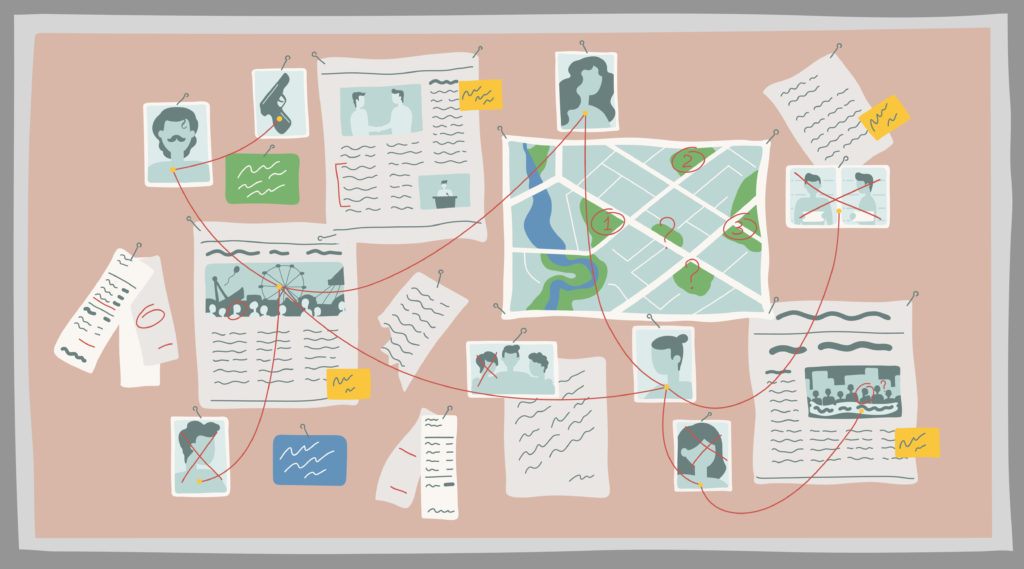Towards coercion-free interviewing and fair administration of justice in West Africa: CTI Professional Training Workshop report is out!
Today, the Convention against Torture Initiative (CTI) releases the report of the Professional Training Workshop on “Investigative Interviewing for Fair and Effective Administration of Justice”. Hosted by the CTI Core State of Ghana, and held in partnership with the Norwegian Centre for Human Rights (NCHR) with the support of the Committee for the Prevention of Torture in Africa (CPTA), the event was held online from 13 to 15 April 2021 for representatives of five West African States. The report contains a summary of the discussions held and captures several good State practices shared on legislative and procedural steps taken to reduce risks of coerced confessions and preventing torture and ill-treatment in police custody and during criminal investigations.

The first training workshop of its kind organised by CTI, the event brought together 30 participants from police, law enforcement and the wider justice system from The Gambia, Ghana, Liberia, Nigeria, and Sierra Leone, alongside experts in the field of police interviewing, forensic psychology, and torture prevention.
Discussions ranged over a variety of topics and themes, including on the human rights implications of investigative interviewing and associated safeguards against torture and ill-treatment; human memory and core communication; the stages of an investigative interview and challenges and opportunities for effective investigative interviewing implementation in West Africa.
Some of the key takeaways from the workshop highlighted in the report include:
- The importance of moving away from confession-oriented criminal justice systems where confessions are seen as the primary source of evidence, which improperly incentivise resorting to torture and other forms of ill-treatment and lead to miscarriages of justice and wrongful convictions;
- The benefits of implementing investigative interviewing, including: a) a coercion-free, rapport-building method that allows gathering of reliable and actionable evidence whilst respecting the human rights of suspects, witnesses, and victims; b) improving the effectiveness and quality of criminal investigations conducted; and c) increasing public trust in and transparency of police and law enforcement institutions and their methods.
- Implementing investigative interviewing is to go hand in hand with the implementation of legal and procedural safeguards against torture and ill-treatment before, during and after questioning suspects, witnesses, and victims. Particularly, since interviewing does not happen in isolation, what happens before and after an interview affects its efficacy.
- Understanding how human memory works and how easily it can get contaminated is key to learning how to communicate effectively with suspects, witnesses, and victims during questioning and criminal investigations.
- Challenges affecting the implementation of investigative interviewing needing to be addressed include: high number of cases and pressure from superior officers to close investigations, thereby increasing reliance on coercive methods; lack of technological and forensics equipment, hindering efforts to investigate serious offences; or a lack of sufficient lawyers to guarantee prompt access and their presence during police questioning.
A second component of this professional training workshop is expected to be hosted by the Government of Ghana in Accra when international travel restrictions allow.
For governments interested in learning more about CTI’s work and how can CTI support their efforts towards ratification and/or implementation of UNCAT, please contact info@cti2024.org. To connect with CTI’s Advice Hub, please send an e-mail to: advicehub@cti2024.org.
The workshop report is available here.

